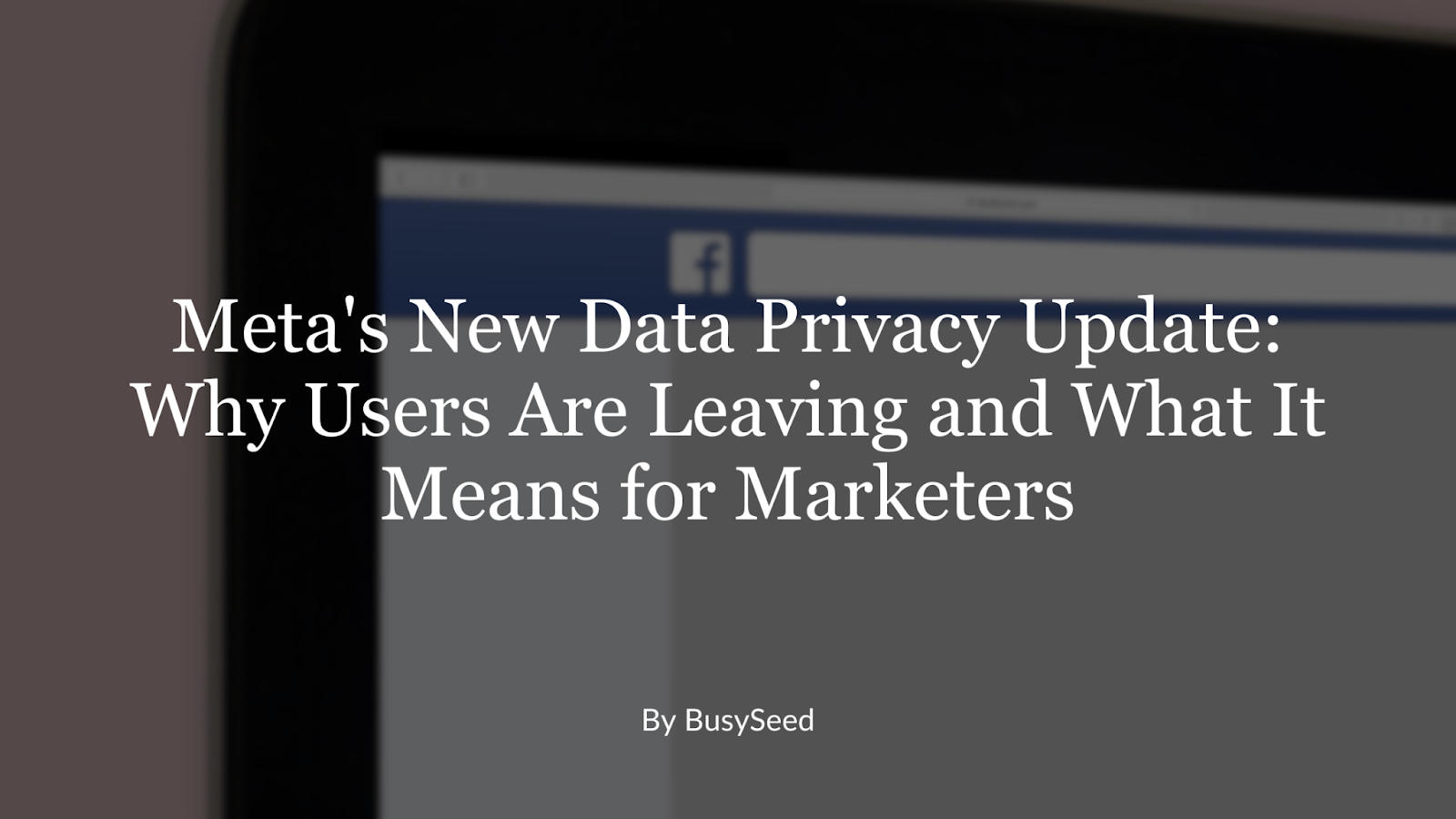What Makes a Good Website and Why Is It Important to Have One?
Due to the massive shift to online shopping, it’s easy to feel like your company’s website is not good enough to compete with the rest of the market. If you’re looking to improve your business’ online presence and update your web pages, follow these few tips and tricks.
If you own a business, it’s very likely that you have a website. If you don’t, you should probably change that immediately. The fact of the matter is, people don’t want to visit a business or call for information. If you don’t have a strong online presence, the odds of getting new customers in the door are very, very low. Websites make it so easy and convenient for customers to find out information right from their phone, tablet, or computer. Let’s take a look at what might happen if you are one of the few companies without a website.
Let’s say you own a Mexican Restaurant. A potential new customer, we’ll call her Stacy, is really in the mood for Mexican food. She decides to look up restaurants near her. She may see your business listed on the map, and you may have Google My Business, but when she tries to look you up specifically, there’s no website to be found. If Stacey has never eaten at your restaurant before, you can almost guarantee she will look elsewhere to find somewhere with a website and a menu web page. You just lost a potential client because of your lack of a website. It’s time to change that.
Now, let’s say you do have a website. While you’re certainly better off than businesses without one, it’s important to evaluate how effective your site is. Just because you have an online presence doesn’t mean you have a good online presence. It’s time to take a look at all of your web pages to decide what can be updated, modernized, or streamlined. Let’s crack into it.
Some Key Design Rules For Web Pages
-
Always have clear and easy navigation: Consumers will get frustrated if they make it to a website and then still can’t find what they’re looking for. Your website could be the most beautiful thing in the world, but if it’s not user-friendly, you can say goodbye to potential customers who visited the site.
-
Speak to the type of customer you want : You may often hear that you should use layman’s terms when it comes to your business. However, the more appropriate way to think about your tone and language is to speak to the level of client you want to attract. If you are a business like a restaurant, massage therapist, online jewelry store, etc., then it is best to speak to the layman. However, if you sell high-tech medical equipment to hospitals, you would certainly benefit from speaking in more technical, clinical terms. In this case, because no average Joe is going to purchase an MRI machine, you do not need to worry about simplifying the language on your web page. Rather, you can use impressive technical terms that the doctors purchasing your product will appreciate.
-
Avoid Including too much information: Clicking into a website and being hit in the face by block after block of text is attractive to absolutely no one. According to studies , you have 15 seconds to capture a web page visitor’s attention before they click off. To do so, you need images, videos, other visuals, and very clear headlines that are relevant to the customer. Once you convince them to stay, you need to provide them with only the information they may be looking for. There is no need for fluff on a web page. Get to the point, provide understandable information, and let consumers contact you if they need to know more. This is a great way to build a credible online presence.
-
Include at least one Call-To-Action on each page: Don’t make your customers click to a separate web page to find a “Submit,” “Sign up,” “Learn More,” or “Contact Us” button. Include at least one on each page because of point #1, easy navigation. Customers are more likely to engage with a button if they see it repeatedly and if it is easy to access.
-
Use an appealing and clean layout/design: Much like how you should avoid including too much information, you should also avoid using chaotic layouts when designing a website. You don’t want visitors to get distracted by too many colors, shapes, or pictures, so keep your web page crisp and clean for maximum impact.
What About Landing Pages?
A landing page differs from a website in that they are usually stand-alone pages meant for lead generation. Landing pages are especially useful when it comes to ads because you can direct interested consumers directly to the product or service they want to learn more about. If you posted an ad about the tacos at your Mexican restaurant, it would be noticed by people who like tacos. Rather than direct them to your website as a whole, you can create a separate landing page dedicated to the many types of tacos you serve. That way, the customer learns more about what they are interested in without having to dredge through information they do not need. True landing pages should be or have a form that can be filled out. This way, you can collect information from people who are clearly interested in one particular part of your business.
It is important to note that the above is the true idea of a landing page, but some people now refer to any destination page as a landing page. What the newer idea means is that any page people are directly directed to is considered a landing page. So, if you direct an ad to the “Our Services” page, that page can be called the landing page even though it is part of the larger website.
Are you looking for someone to design a website for you? Give the team at BusySeed a call! We are a professional digital agency recognized by DesignRush for our work on web development. DesignRush ranks digital agencies based on rigorous requirements, and we are honored to be named one of the top-performing website development teams. We are featured on the homepage of DesignRush out of the over 5,000 agencies included in the list. When you work with us to build your online presence, you can be sure to get a top-notch website.












